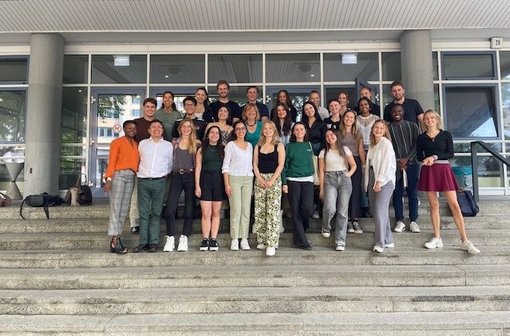The IFSH is pleased to announce its participation in a new international research initative, The Bureaucratic Politics of Nuclear Alliance Management. This two-year project, funded by the Carnegie Corporation of New York, is led by Prof. Benoît Pelopidas at Sciences Po Paris, in collaboration with IFSH, the University of Denver, and the Norwegian Seismic Array (NORSAR).
The project investigates the critical yet often underexplored role of bureaucratic politics in shaping nuclear policy within NATO, with a particular focus on sub-state actors and transnational bureaucratic networks. Amidst geopolitical uncertainties, including a second Trump administration and evolving U.S. approaches to alliances, this research comes at a pivotal time for understanding alliance dynamics.
The research project aims to answer two key questions: First, it examines how the interests of NATO allies are integrated into U.S. nuclear policymaking. Second, it explores how bureaucratic actors within the United States and its global network of allies collaborate to advance their interests in the nuclear sphere. The project features case studies from across the NATO alliance:
• France: Led by Prof. Benoît Pelopidas (Sciences Po Paris)
• United Kingdom: Led by Prof. Debak Das (University of Denver)
• Norway: Led by Dr. Kjølv Egeland (NORSAR)
• Germany: Led by Franziska Stärk (IFSH)
The German case study, led by IFSH researcher Franziska Stärk, explores the origins and governmental processes behind the Westerwelle Initiative. This 2009/2010 effort by the German government, spearheaded by Foreign Minister Guido Westerwelle, aimed to remove U.S. non-strategic nuclear weapons from German soil. The initiative ultimately proved unsuccessful, offering a rich case for understanding the interplay of bureaucratic and political factors in German nuclear policy making.
This project is part of the IFSH research area on Arms Control and Emerging Technologies. For more information, visit the project website.





